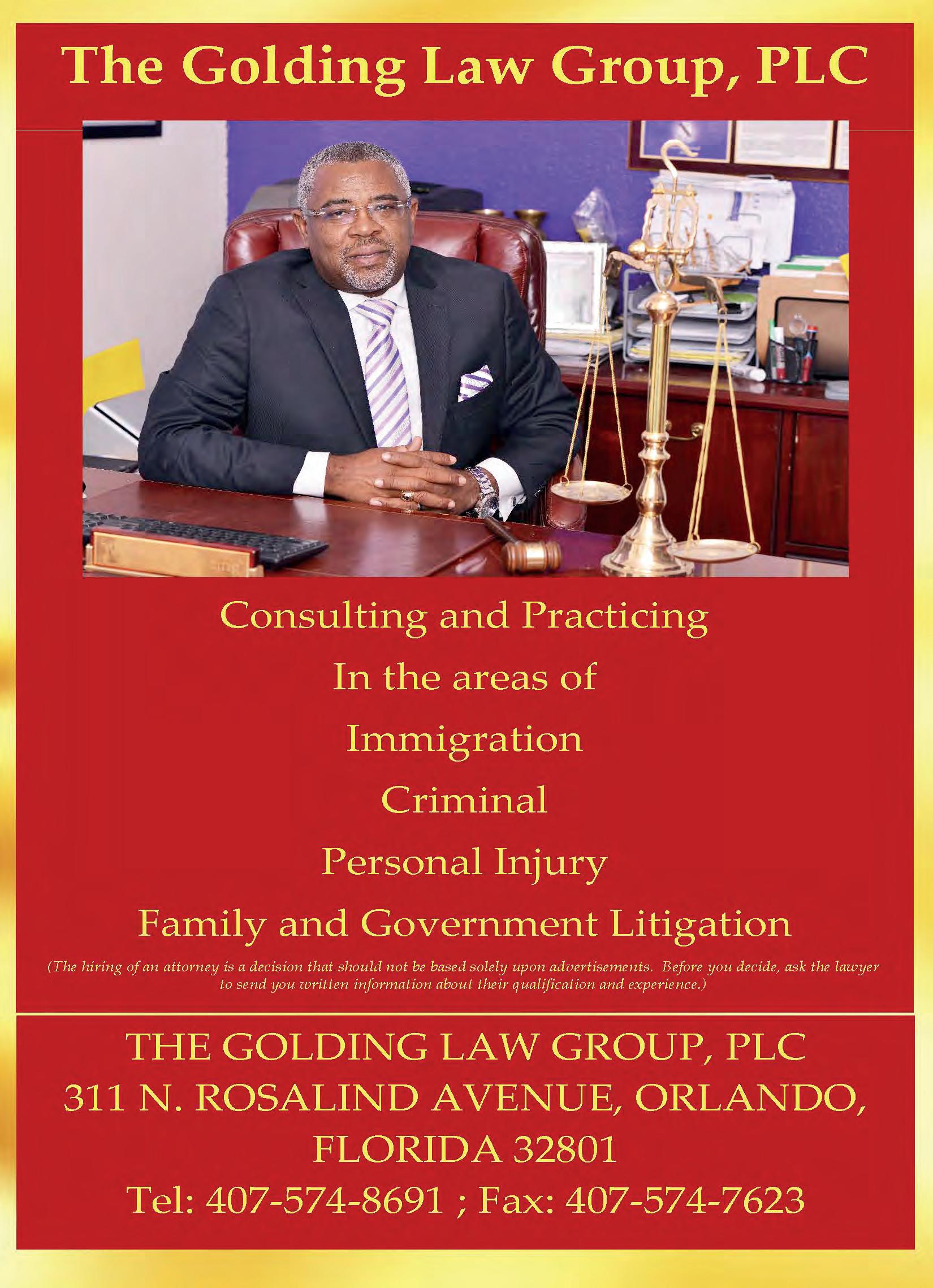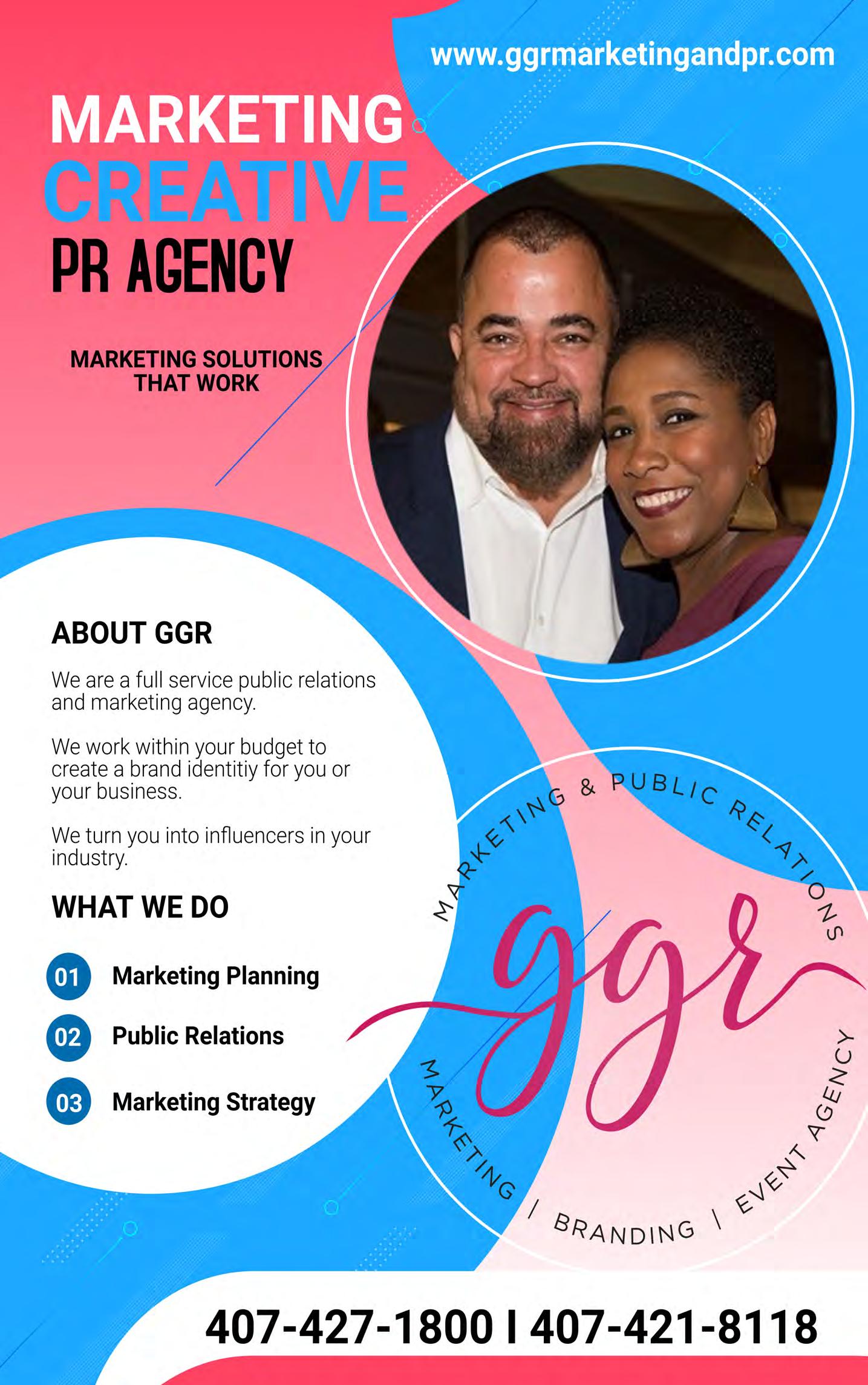




The Importance of Culture in Building Communities Today Globalization and the interconnectivity of today's world, makes the significance of culture in building vibrant and resilient communities even more significant and cannotbeoverstated.
Culture serves as a powerful force that shapes our identities, values, and shared experiences, providing a foundation for connection, understanding, and belonging. As we navigate the complexities of modern society, embracing and celebrating cultural diversity is essential for fostering inclusive communitiesthatthriveonmutualrespect, collaboration,andsharedprosperity.
One of the fundamental roles of culture in communitybuildingisitsabilitytofostera sense of belonging and cohesion among individuals with diverse backgrounds and experiences. Regardless of our differences, culture provides us with a common language and shared traditions that unite us as members of a larger community. Whether it's celebrating cultural festivals, sharingstoriesandfolklore,orengagingin artistic expressions, cultural activities create opportunities for connection and mutual understanding, strengthening the bondsthattieustogether.
Moreover, culture serves as a catalyst for social change and collective action within communities. By amplifying marginalized voices, challenging stereotypes, and promotingdialogueacrossculturaldivides, cultural initiatives can inspire empathy ...cont'd on page 4



In today's rapidly changing world, the concept of community has taken on new dimensions. While physical proximity once defined communities, modern technology and social networks have redefined the way we connect and interact with one another. Yet, amidst these transformations, the essence of community remains rooted in shared values, interests, and aspirations. Building connected communities is not just about geographical proximity; it's about fostering meaningful connections and collective action that transcends boundaries and empowers individuals to effect positivechange.
At the heart of building connected communities lies the importance of political engagement. From local city and county offices to the federal government, political participation plays a vital role inshaping the fabric of our societies. At the local level, engaging with municipal governments, neighborhoodassociations,and
grassroots organizations is essential for addressing community-specific issues, from infrastructure improvements to social services. These local engagements provide opportunities for citizens to have a direct impact on their immediatesurroundings, fostering a sense of ownership and belonging.
Moving beyond local spheres, politicalengagementatthenational level becomes increasingly crucial for shaping broader policy decisions that impact communities nationwide. Whether it's advocating for healthcare reform, environmental protection, or economic justice, active participation in the political process enables citizens to voice their concerns, hold elected officials accountable, and shape the futuredirectionoftheircountry. Moreover, political engagement extends to the highest echelons of power, including Presidential elections. The outcome of Presidentialelections...con'd on pg 4.


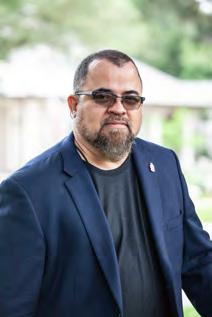 J. Roberts Owner/Publisher/Editor
J. Roberts Owner/Publisher/Editor
Grassrootscommunityengagementserves as the cornerstone of effective community building, embodying the principle that positive change begins at the local level. At its core, grassroots efforts empower individuals withinacommunitytocometogether,identifycommongoals, and collectively work towards solutions that address their sharedneedsandaspirations.Herearesomekeyelementsthat form the foundation of grassroots community engagement andcommunitybuilding.
Grassroots community engagement empowers individuals to become active participants in the decision-making processes that affect their lives. By providing avenues for community members to voice their concerns, share their ideas, and take action, grassroots initiatives foster a sense of ownership and agencyamongparticipants.
Successful grassroots efforts are inclusive, welcoming participation from individuals of diverse backgrounds, perspectives, and experiences. By embracing diversity and fostering dialogue among community members, grassroots initiatives ensure that a broad range of voices are heard and representedinthedecision-makingprocess.
Collaboration lies at the heart of grassroots community engagement. By forging partnerships and building coalitions with other community organizations, businesses, and stakeholders, grassroots initiatives amplify their impact and leveragecollectiveresourcestoaddresscomplexchallenges.
Grassroots efforts often prioritize education and awarenessbuilding as key components of community building. By providing information, resources, and training opportunities, grassroots initiatives empower community members to make informed decisions and take meaningful action on issues that mattertothem.
Grassroots community engagement emphasizes action and tangible results. Whether it's organizing community clean-up events, advocating for policy changes, or launching grassroots campaigns, these initiatives focus on mobilizing resources and implementingconcretesolutionstoaddresscommunityneeds.
Sustainable community building requires long-term commitment and investment from all stakeholders involved. Grassroots initiatives strive to build sustainable networks and infrastructure that can support ongoing community engagementanddevelopmentefforts.

Grassrootscommunityengagementisoftencharacterized by its flexibility and adaptability to changing circumstances. By remaining responsive to the evolving needs and priorities of the community, grassroots initiatives can effectively navigate challenges and seize opportunitiesforgrowthandimpact.
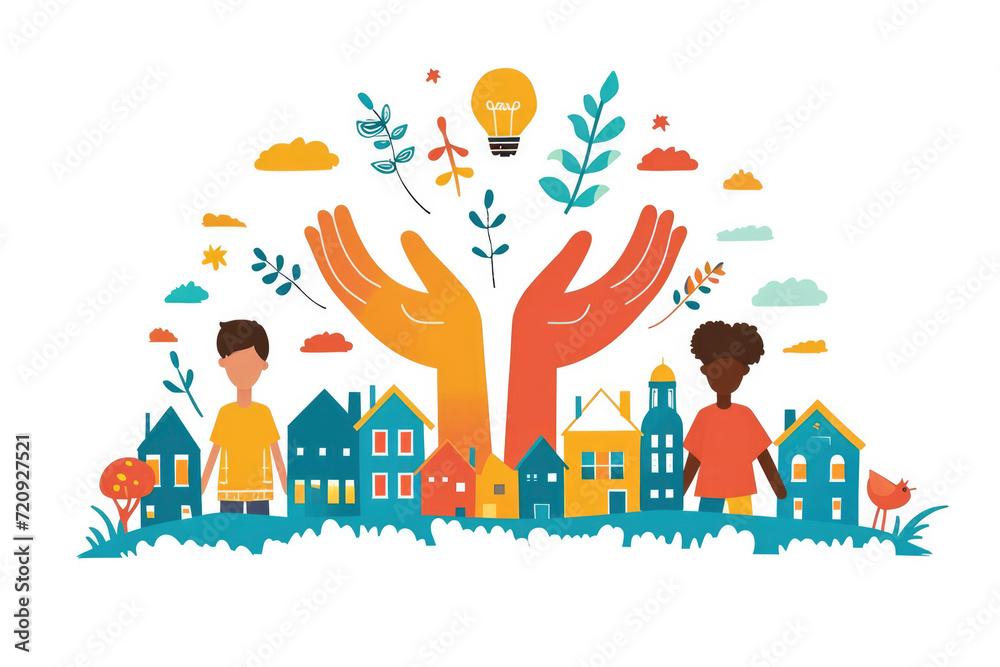
catalyst for positive change, fostering collaboration, empowerment, and inclusivity within communities. By building on these foundational principles, grassroots initiatives can create lasting impacts that strengthen the social fabric and enhance the well-being of communities aroundtheworld.
Grassroots community engagement is meant to be a reflectionofthecommunity.
1969 Alafaya Trail • Orlando, FL 32828 Office: 407-427-1800 Fax: 407-386-7925 Toll Free: 877-220-8315
For Media Information email: Publisher: sroberts@caribbeanamericanpassport.com
Info: .Info@caribbeanamericanpassport.com
Should you desire to review past copies of the publication go to http:// caribbeanamericanpassport.com and click on the 'Print Archive'.
has far-reaching implications for the nation's trajectory, influencing everything from foreign policy to healthcare legislation. By participating in Presidential elections, citizens not only exercise their democratic rights but also contributetoshapingthecollectivedestinyoftheirnation.
However, building connected communities through political engagement is not just about casting votes during elections. It's about ongoing involvement in the political process, including attending town hall meetings, contacting elected representatives, volunteering for political campaigns, and advocating for causes that matter. It's about fostering dialogue, collaboration, and civicmindedness among diverse communities, bridging divides andworkingtowardscommongoals.
In an era marked by polarization and division, building connected communities through political engagement takesonaddedsignificance.
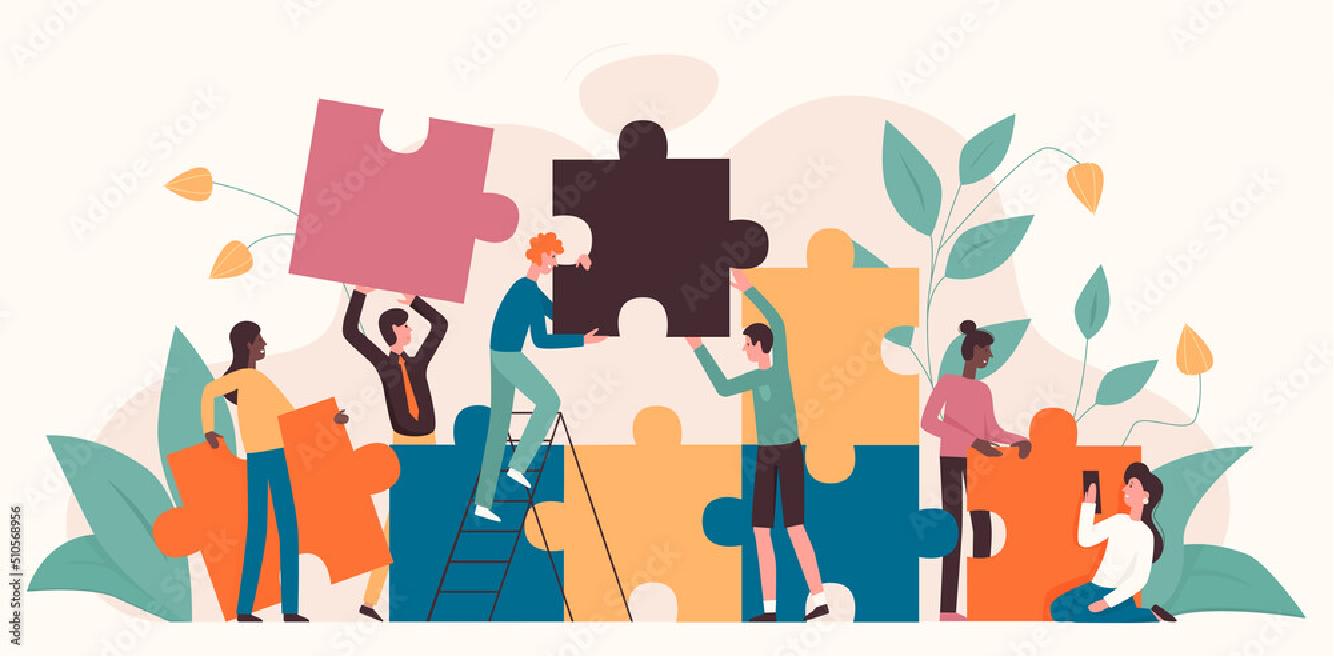
By fostering inclusive dialogue, promoting civic education, and encouraging active participation, wecan bridge divides, build consensus, and create a more resilient and cohesive society. Ultimately, the strength of our communities lies in our collective ability to come together, engage with one another, and shape a future that reflects oursharedvaluesandaspirations.
The Importance of Culture in Building Communities Today
tolerance, and solidarity among community members. From grassroots movements to large-scale advocacy campaigns, culture has the power to mobilize individuals and galvanize support for causes that promote social justice, equality, and humanrights.
Furthermore, culture plays a vital role in promoting economic development and innovation within communities. By embracing cultural diversity and harnessing the talents and creativity of individuals from different backgrounds, communities can unlock new opportunities for entrepreneurship, tourism, and creative industries. Cultural heritage preservation, cultural tourism, and cultural entrepreneurship initiatives not only contribute to economic growth but also serve as vehicles for preserving and transmittingculturaltraditionstofuturegenerations.
In addition to fostering social cohesion and economic prosperity, culture enriches the quality of life within communities by enhancing their cultural vibrancy and vitality. Cultural institutions such as museums, theaters, and community centers serve as hubs for artistic expression, creative exchange, and lifelong learning, enriching the cultural landscape and nurturing a sense of pride and identityamongcommunitymembers.
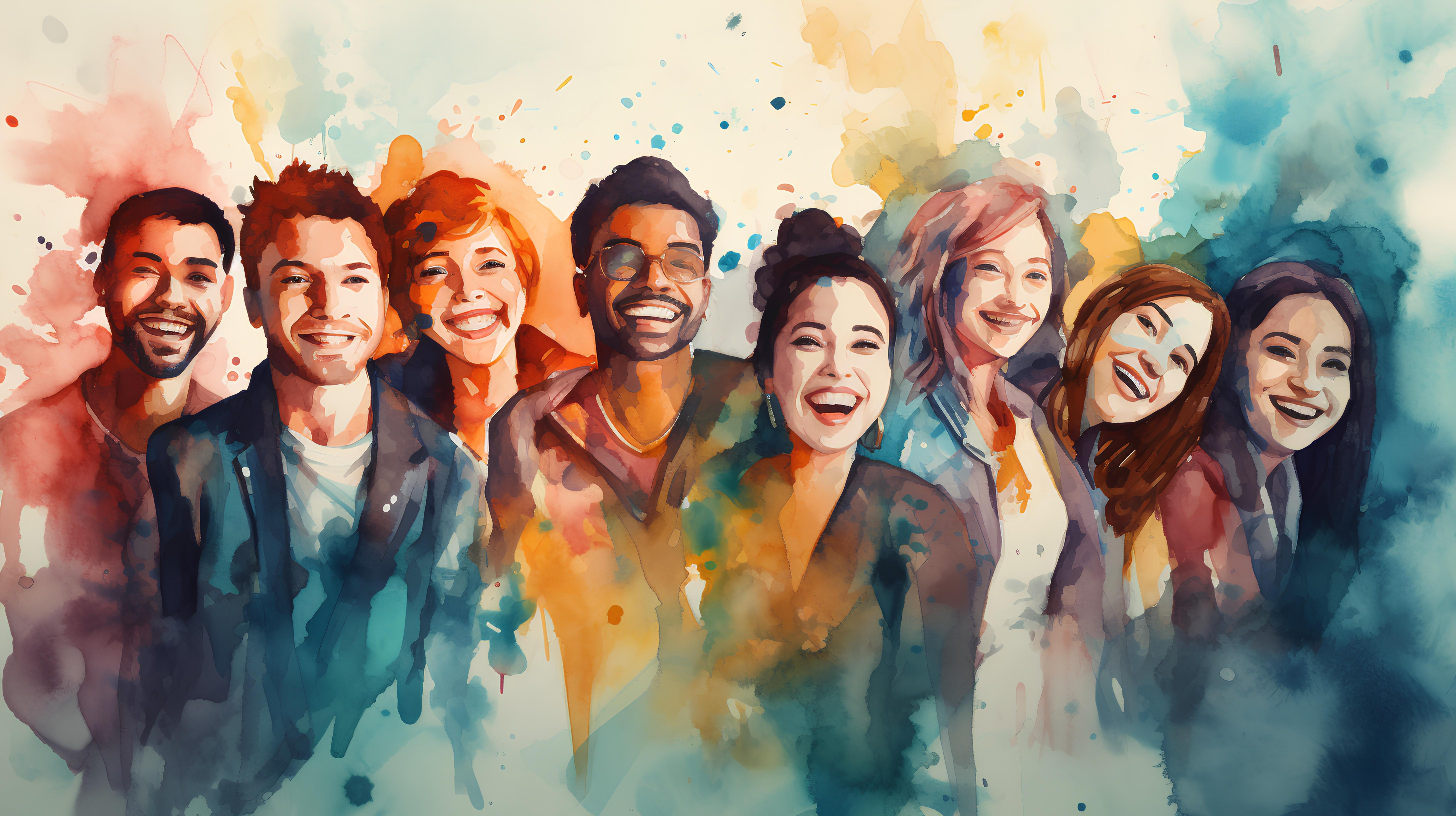
As we confront the challenges of an increasingly complex and interconnected world, it is more important than ever to recognize the integral role of culture in building resilient, inclusive, and sustainable communities. By embracing cultural diversity, promoting intercultural dialogue,andinvestinginculturalinitiatives,wecancreate communitiesthataremorevibrant,cohesive,andresilient, where every individual is valued, respected, and empowered to contribute to the collective well-being of society.
Cultural diversity is at the heart of every community and is the foundation for a strong and resilient community in todaysworld

In the ever-evolving landscape of modern politics, the grassroots approach has emerged as a potent force for mobilizing support and driving meaningful change. Grounded in community-driven activism and decentralized organizing, grassroots campaigns offer a unique avenue for engaging voters, particularly the younger generation of firsttime voters and those aged 21 to 31 years. By prioritizing inclusivity, accessibility, and authenticity, grassroots initiativeshavethepowertogalvanizeadiversearrayofvoices
By listening to the voices of marginalized communities, amplifying their concerns, and advocating for policies that address their needs, grassroots campaigns foster a sense of solidarity and unitythattranscendstraditionaldivides.
Furthermore, grassroots politics offer a powerful antidote to the pervasive cynicism and disillusionment that often plague mainstream politics. By centering authenticity, transparency, and grassroots organizing principles, these campaigns inspire hope, enthusiasm, and a renewed sense of civic duty among voters of all ages. Rather than relying solely on top-down messaging and slick advertising campaigns, grassroots initiatives prioritize meaningful engagement, community building, and relationship-building strategies that cultivatetrustandfosterlong-termrelationshipswith
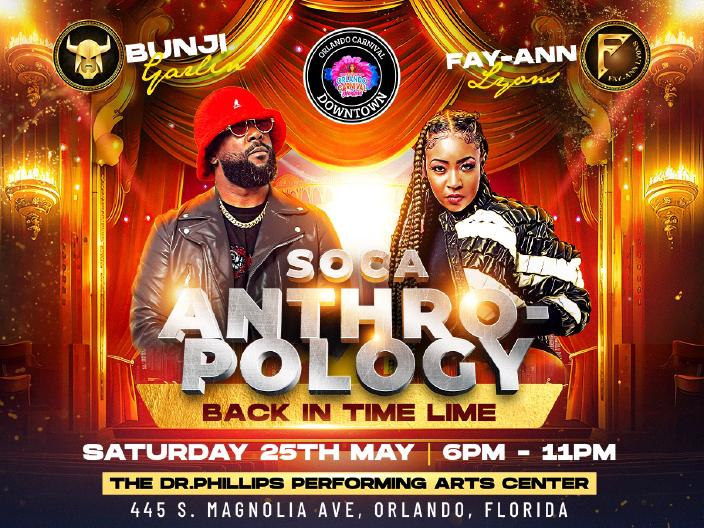
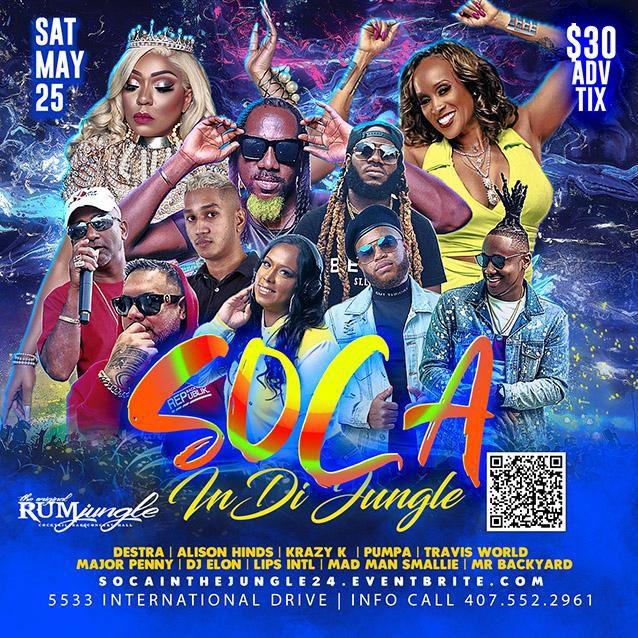
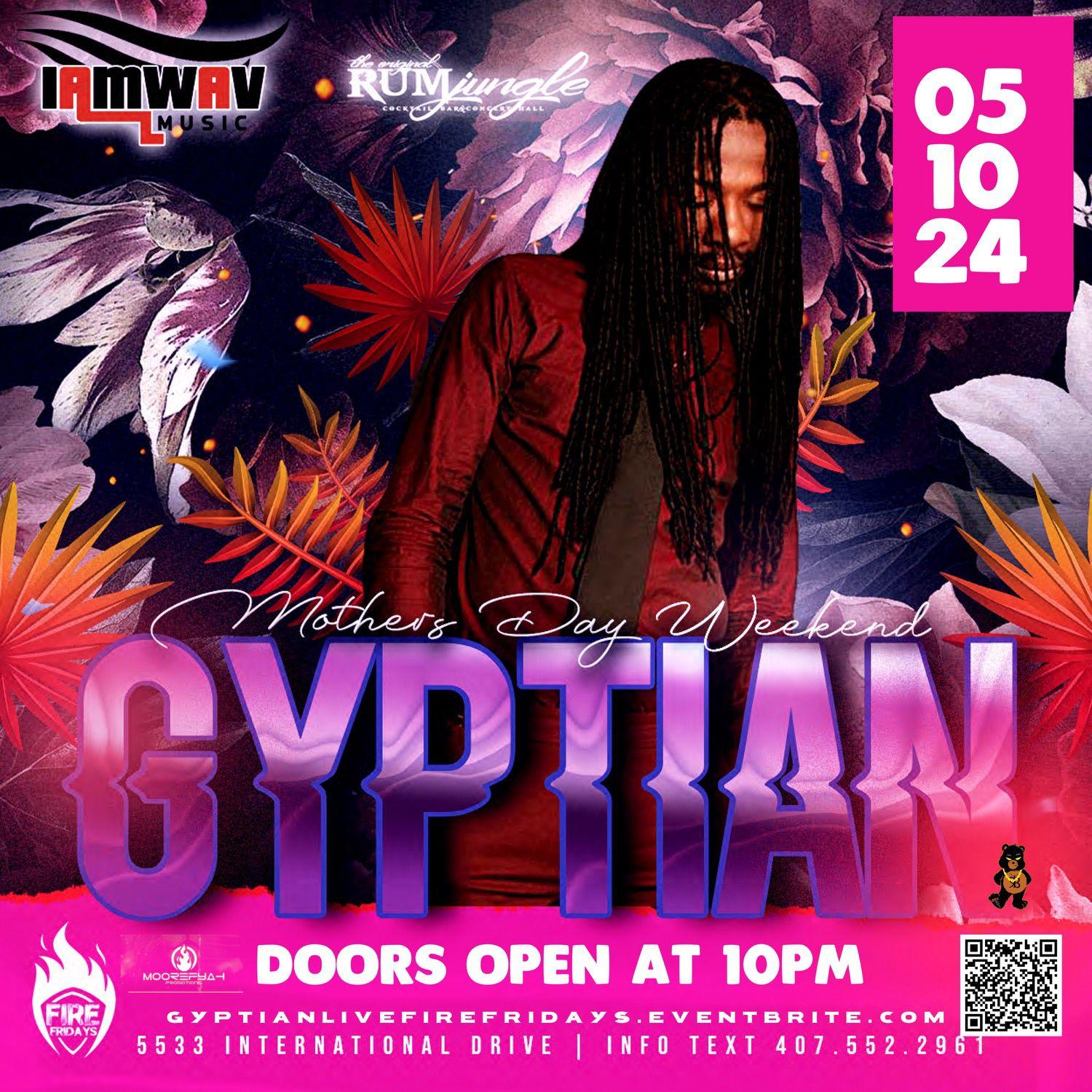
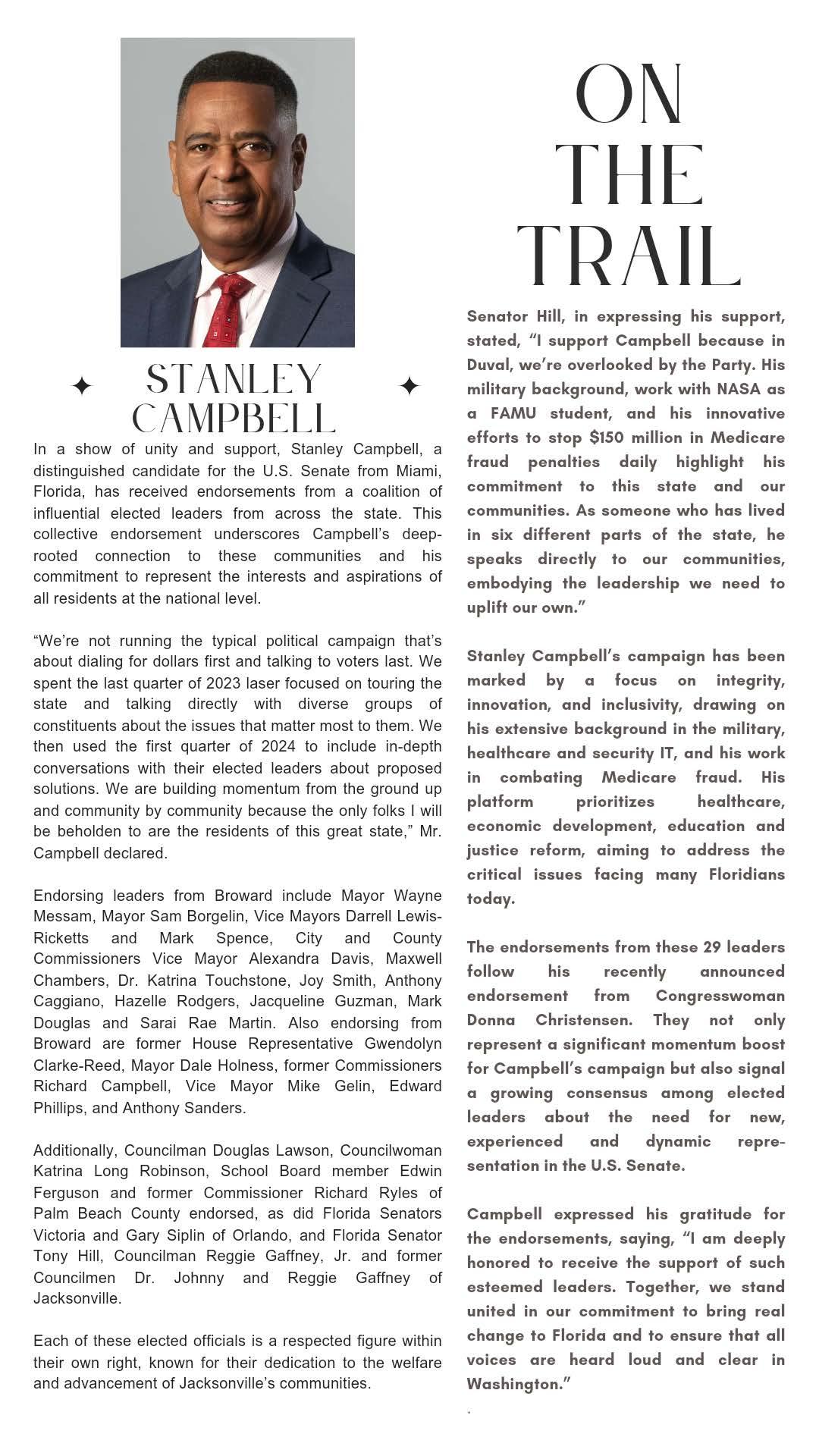
As we work with our younger generations to help keep our Caribbean-American culture alive, our communitystepsuptothecall-KiddiesCarnivaland Fete Massterz Mas Band develop and train their Majorettes. Both these platforms/groups that are presenting the Kiddies Carnival and the Majorettes understand the importance engaging with the kids and younger generation while introducing them to
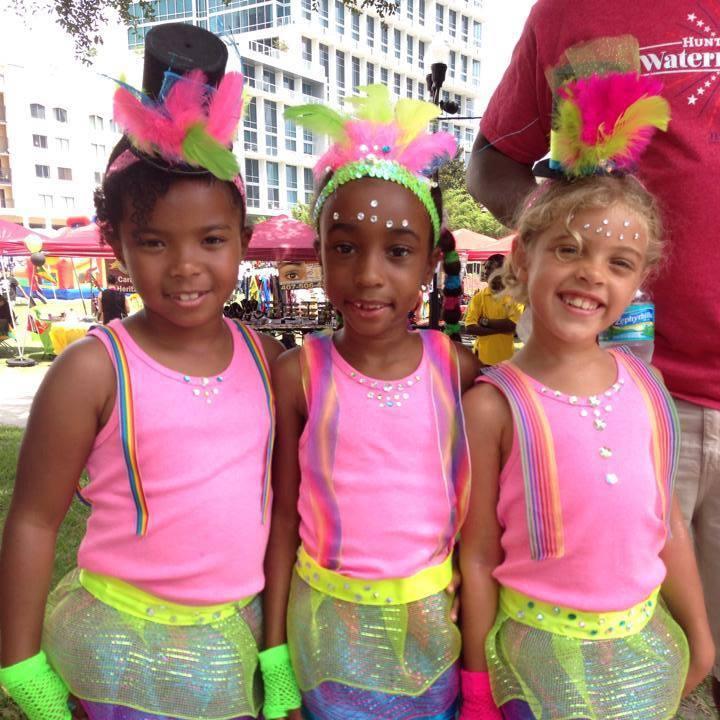
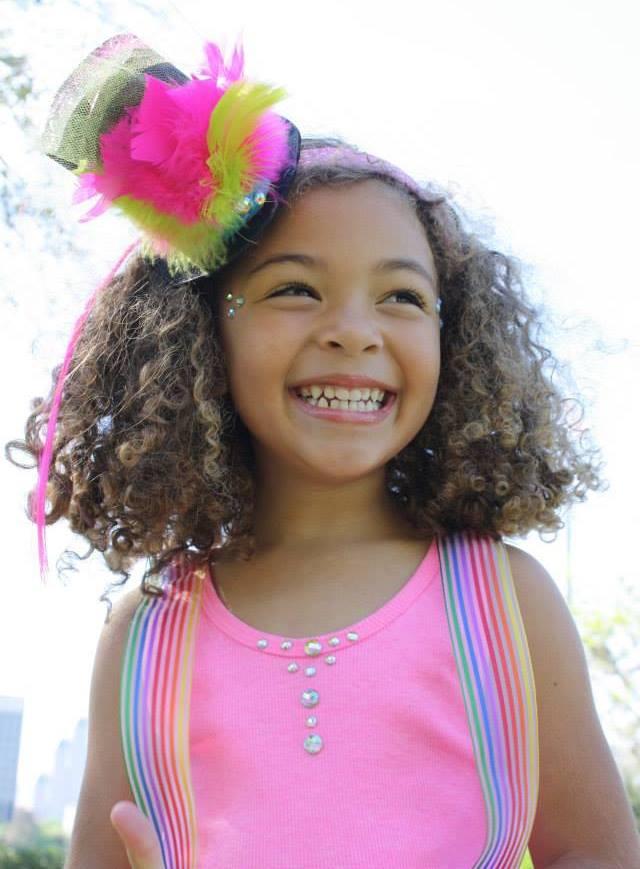

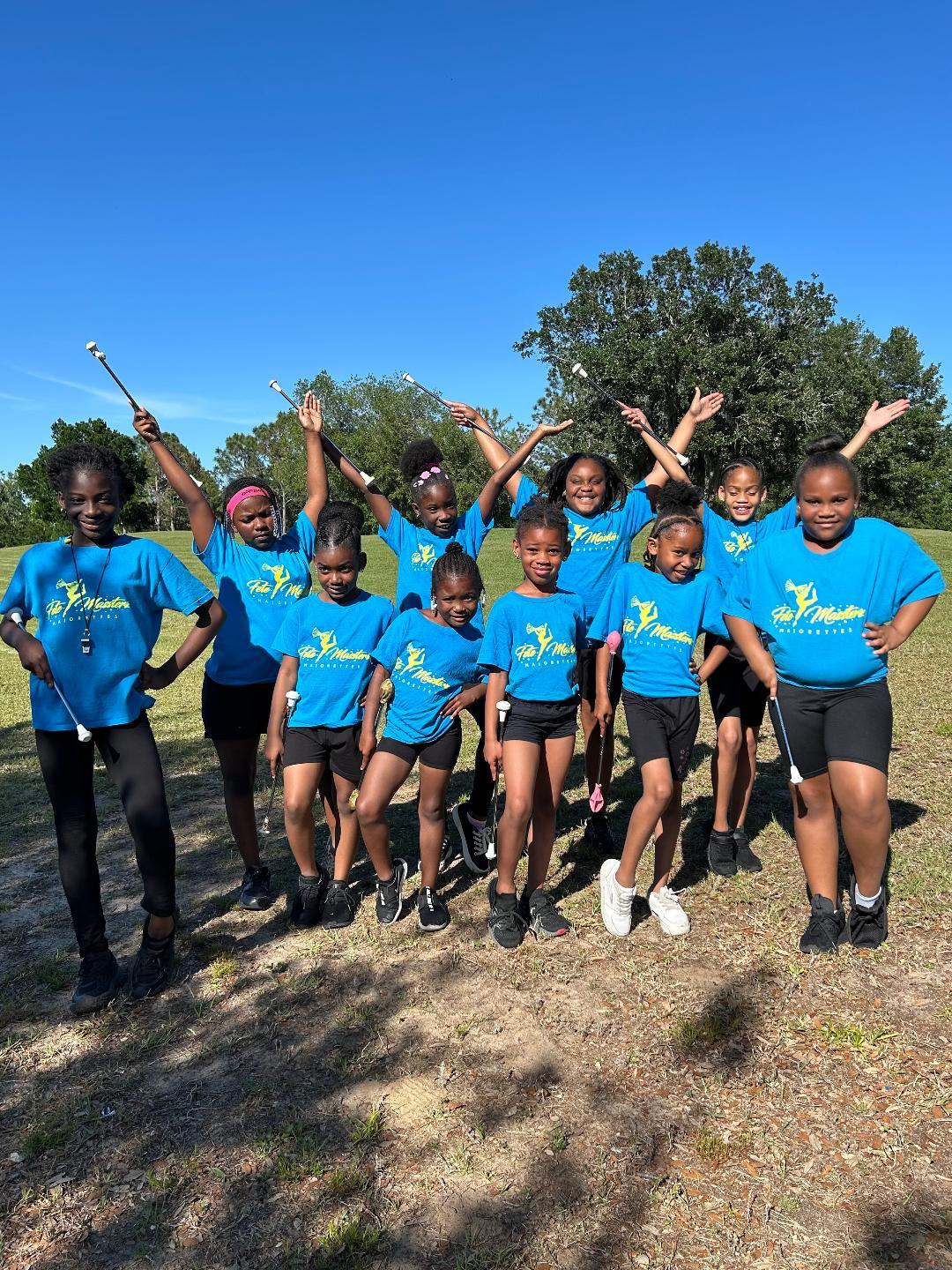
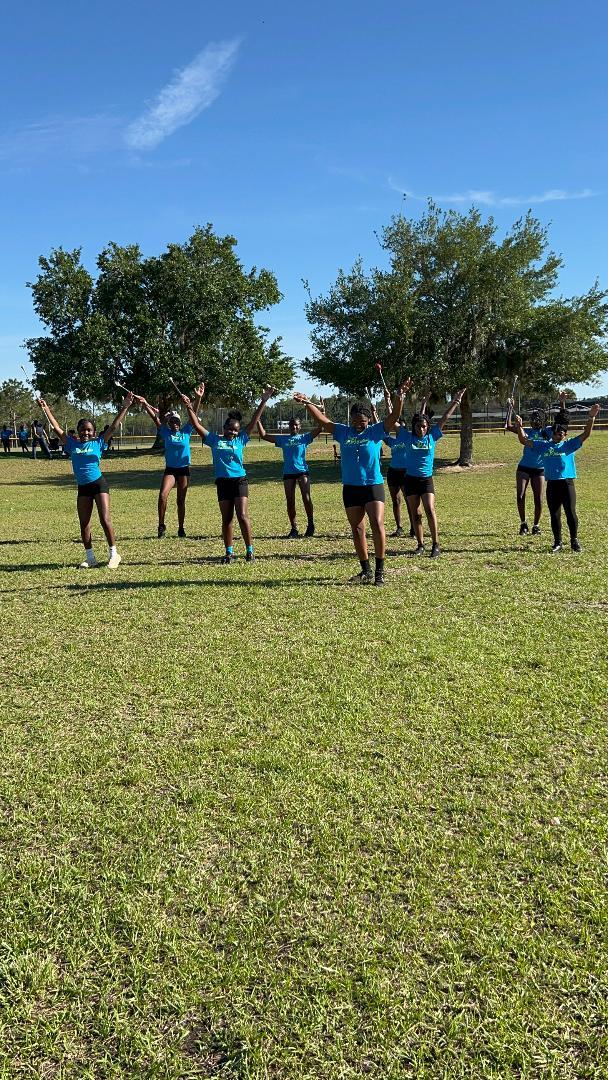

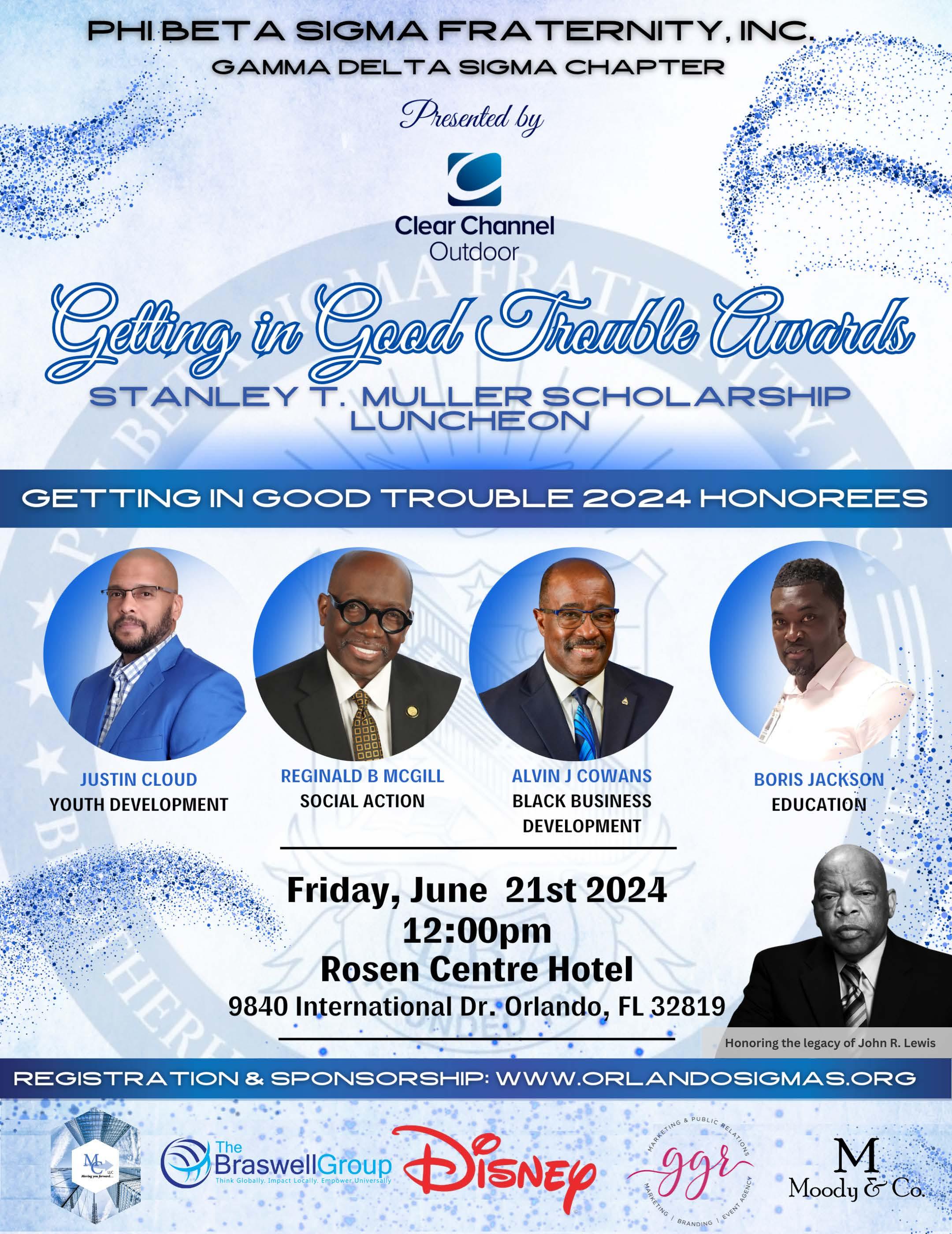
This special event, dedicated to the memory of the late Brother John Robert Lewis, US Representative, will honor four remarkable individuals for their exceptional contributions to Central Florida in the areas of Youth Development, Social Action, Black Business Development, and Education.
This year's awardees—Justin Cloud, Reginald McGill, Alvin Cowans, and Boris Jackson—exemplify excellence and commitment within their respective fields.
For more details on how to become a partner or sponsor, please visit www.orlandosigmas.org or contact Guenet at guenet@ggrmarketingpr.com.
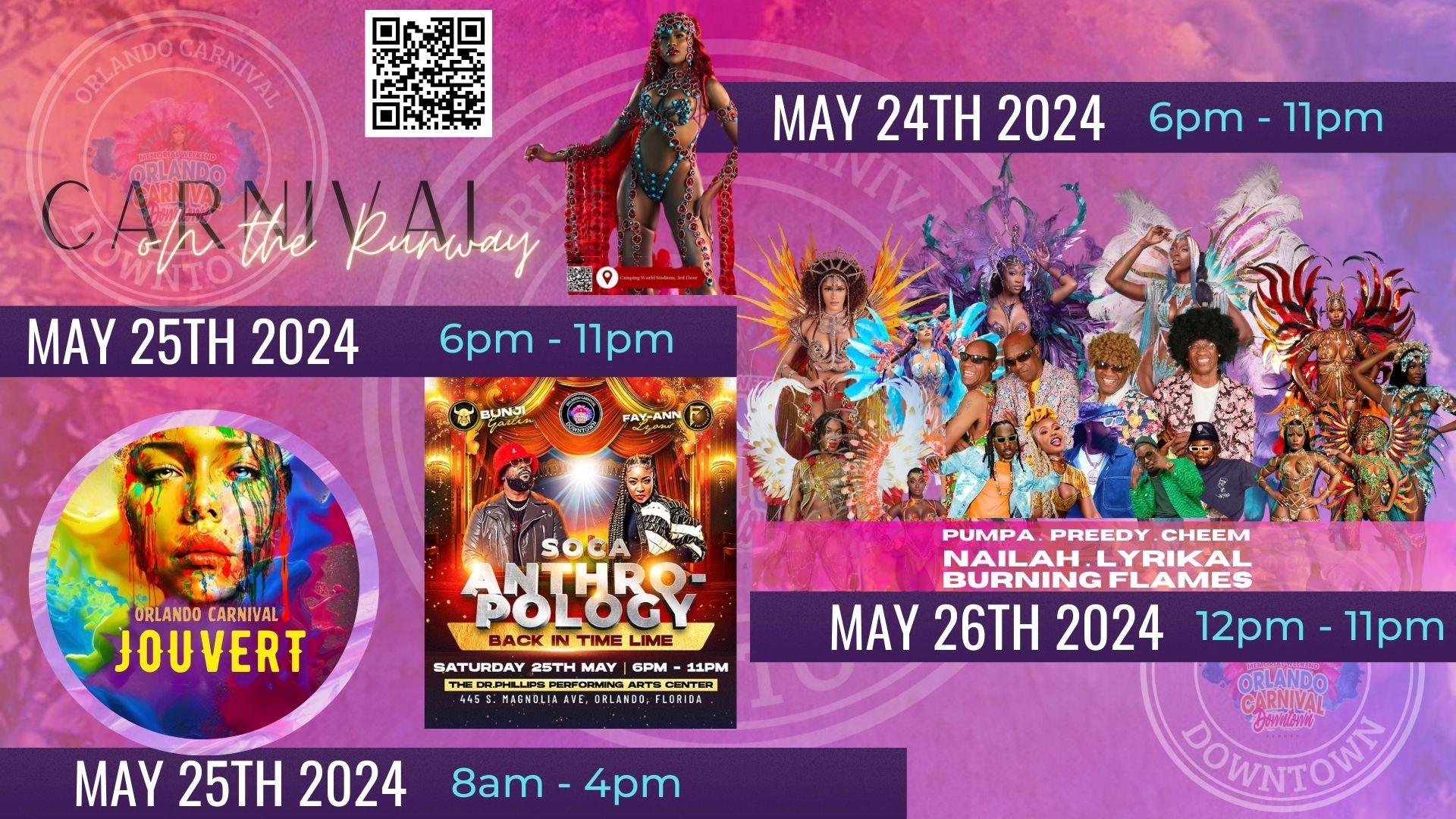
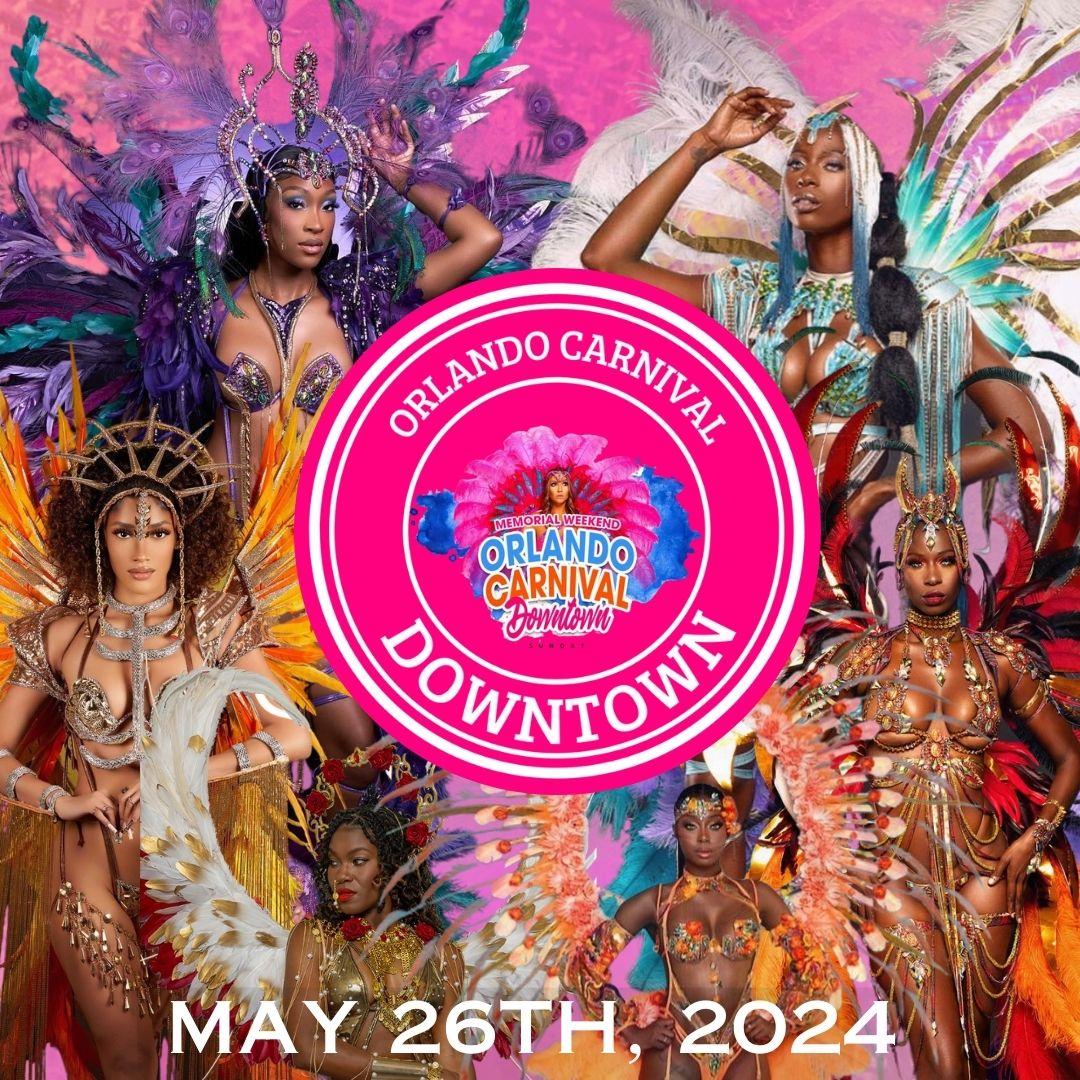

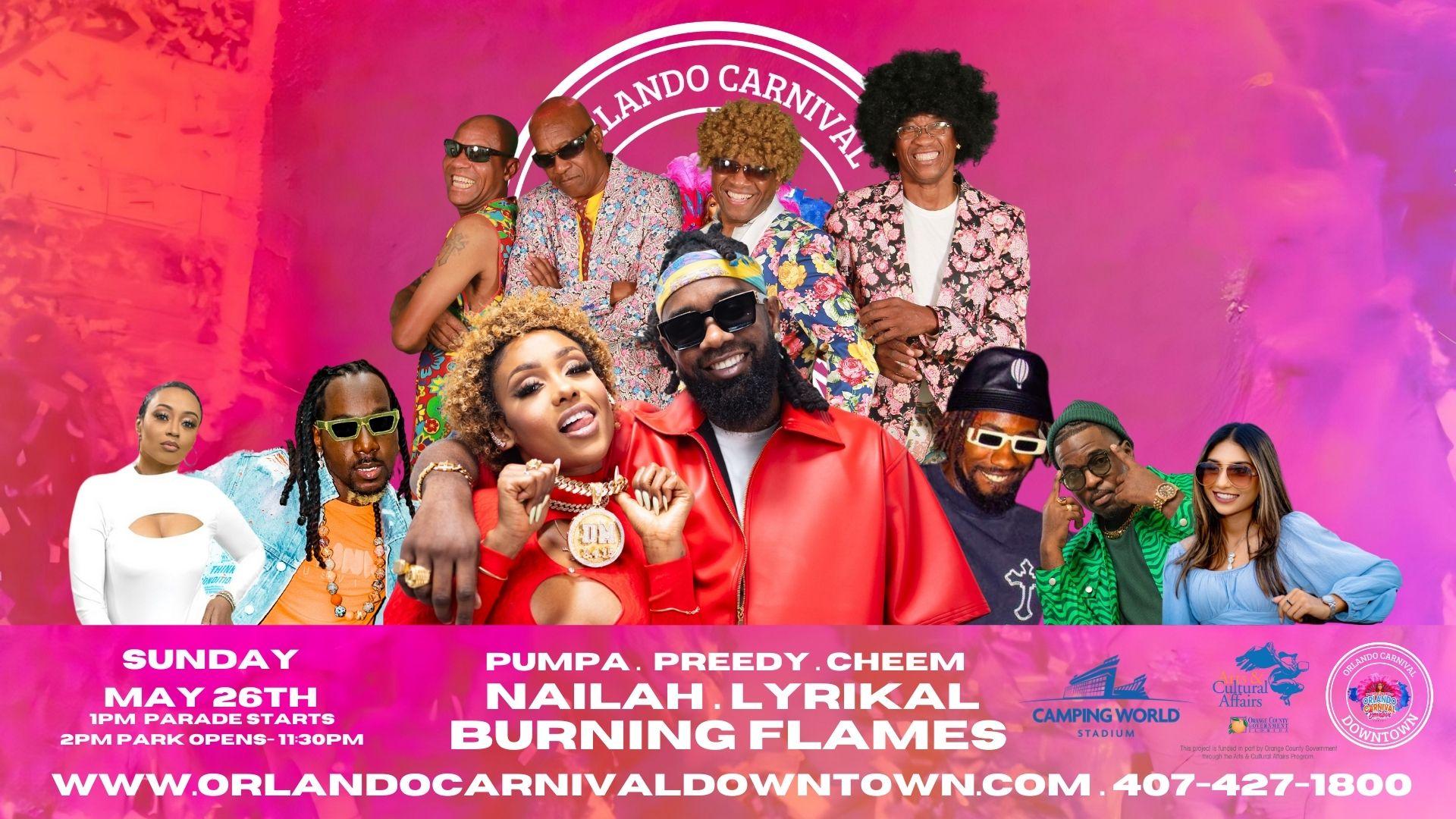

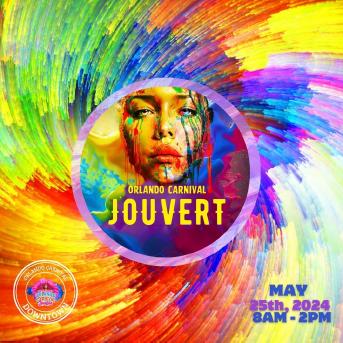

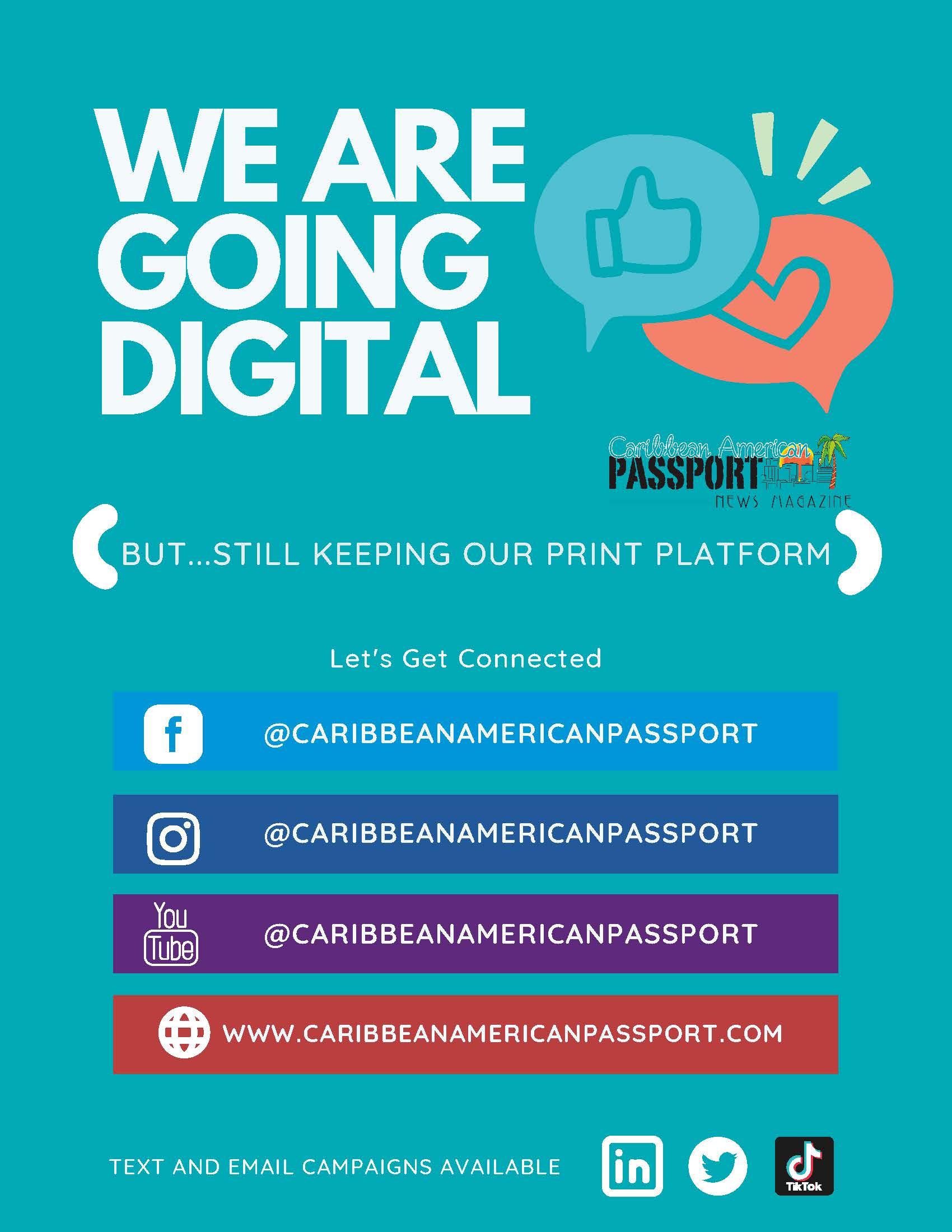
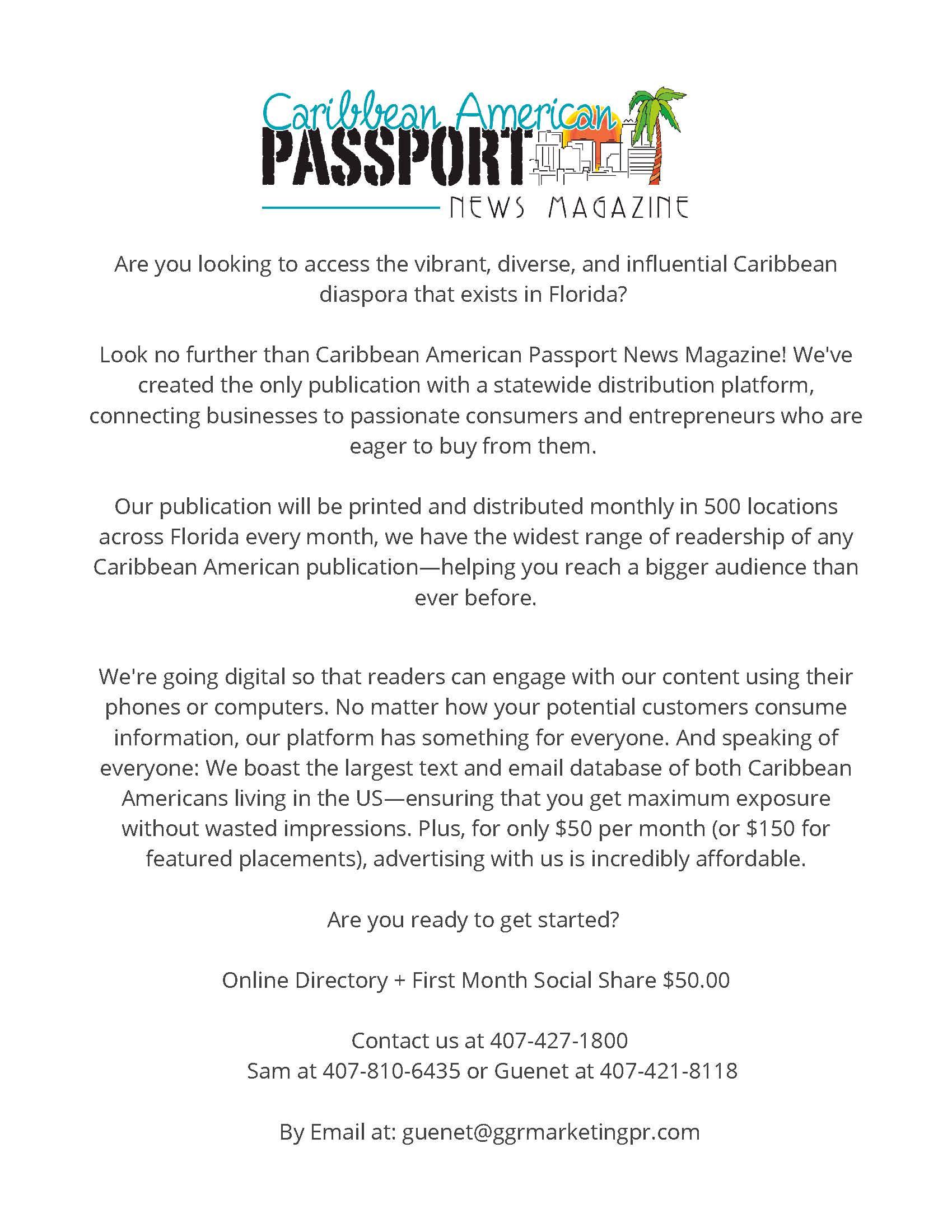
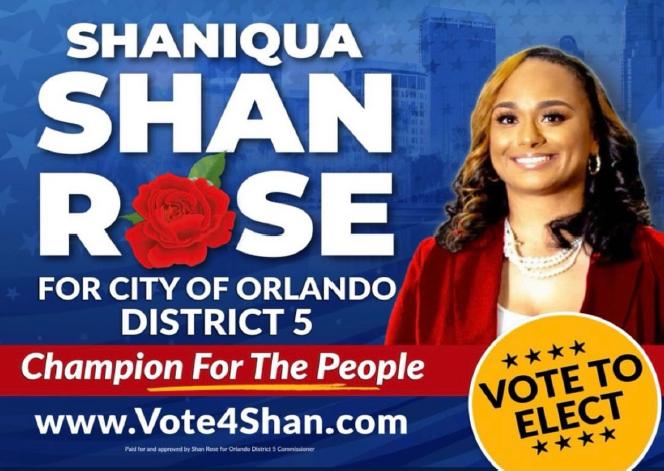
I am Shaniqua “Shan” Rose, and today, I stand before you, not just as a candidate for District 5 Commissioner but as a testament to the unbreakable spirit of our community. My journey, marked by trials and triumphs, has prepared me to serve and uplift every corner of our district.
Born on the vibrant shores of St. Lucia and nurtured in the bustling streets of Brooklyn, New York, my family’s path eventually led us to the welcoming community of Poinciana, Florida.
Here, amidst the challenges and opportunities, I completed my education, earning a Bachelor’s Degree in Supervision and Management from Polk State College, followed by a Masters in Public Administration from American Public University.
My professional journey with the City of Orlando spanned six years, during which I served passionately in the Economic Development Department and the Community Redevelopment Agency (CRA).
My mission has always been clear: to heal and empower communities facing adversity, from poverty to the urgent need for mentorship. This dedication was recognized when I coordinated over 10,000 vaccines, earning accolades from WKMG-TV for getting tangible results.
However, my journey has not been without its storms. I faced the unthinkable – the loss of my husband to gun violence, the passing of my young son, homelessness, and surviving domestic violence. Yet, these trials did not define me; they refined me. Through the darkest times, I found strength and healing, and emerged more determined to make a difference.
Now, as the President of Change For The Community and the Executive Director in Eatonville, I channel my experiences into action, advocating for a community that listens, collaborates, and achieves together.
My leadership has been recognized on numerous fronts, including receiving an award from President Joe Biden. My efforts have led to over 200,000 pounds of food distributed to those in need and the creation of over 100 jobs for cleanup efforts post-Hurricane Ian. Now, I humbly seek your support to continue this work as your nextDistrict5Commissioner.
Our vision is one of unity and collective progress, addressing the pressing issues from affordable housing to education,employment,andsafety.District5isnotjusta partofOrlando;itistheheartofourcity.Itencompasses vibrant communities like Downtown Orlando, Parramore,RockLake,andmanyothers.
As we look to the future, let’s engage in dialogue, participate actively, and vote with hope and determination.WhileIdon’tclaimtohavealltheanswers, Iamcommittedtoworkingtirelesslytoenhancetheplace Iproudlycallhome.
Our journey together is just beginning. With open hearts and united efforts, we can bridge the gaps and build a District 5 that stands as a beacon of strength, compassion, and progress for all. Let’s embrace the challenges ahead, supportedbythefirethathastestedbutnotconsumedus, and continue to champion the needs and dreams of our community.
For more information, to join our cause, or to share your vision for District 5, please reach out at 619-251-3937 or viaemailatvote4shan@gmail.com.


Earlier this week I found out about the “World Biggest Liar” Competition in England. I immediate said it was in the wrong place with the wrong people. I remember one of my friends who lied about everything and his father, really upset, decided to teach him a lesson. He told the boy, “I will give you a whole twenty-five cents if you could tell me a lie now, right now!” The boy looked at the father and with a big smile said, “Twenty-five cents? But Daddy, you just promise me a dollar!” Then there was a Trini who went to one of the “lying” competitions in San Fernando, Trinidad. He tried to get in through the gate for the performers and was refused entry. The gateman told him loudly, “We don’t want no professionals here!”
NOT JUST TRINIDAD BUT THE ENTIRE CARIBBEAN
However, it is not Trinidad alone. I saw in a National Geographic that, like Trinidad and twelve other countries, “Jamaica lies in the Caribbean Sea.” Even Barbados. But are we the worst? I know that in the Corruption Perceptions Index (CP) where “O” (zero) is “highly corrupt”, and 100 is “very clean”, Barbados, with a score of 69 out of 100, is 24th out of 180 countries. Jamaica is 44 out of 100 and Trinidad is 42, or closer to zero, than the others. But are these countries “allies” or “all lies”? Actually, the only time a politician tells the truth is when he or she calls another politician a liar. Given that each country in the world has politicians “like bush” as some Caribbean people say, or “like Trump” which is the highest or lowest anyone can go, the lies in the rest of the world make CARICOM look like a babe in arms with a finger in its mouth instead of a foot or two.
For example, Donald Trump claimed, “I won the popular vote if you deduct the millions of people who voted illegally.” However, there was no evidence at all that there was any significant voter fraud. Bill Clinton, the President in 1998, kept insisting, “I did not have sexual relations with that woman.” It turned out he was lying. They found his DNA in a stain on the dress of Monica Lewinsky. The worst of the US breed was Richard Nixon who set the record for presidential lies when he insisted that he played no role in Watergate. Worse, he went on television and declared, “I am not a crook.” Certain to be impeached, he resigned his second term in office on August 9, 1974.
GOING BACK TO THE GREEKS
If you think that the Americans were bad, think again. The Greeks came first with their “Trojan Horse” which would have beaten any Caribbean, or even American politician, going and coming. The “horse” was a Greek strategy. They were fighting a war against the Trojans and built a huge wooden horse in which they concealed their soldiers. They then offered the “animal” as a peace offering. Instead of running a mile from the Greeks, the Trojans carried the “horse” into their heavily protected, and totally locked in, “safe” city. It was more a “piece” offering than a “peace” offering because the Germans came out of the belly of the “horse” and won the war by cutting the Trojans into pieces.
There were many more that were not about war. Han van Meegeren, a Dutch artist, forged the paintings of the great artist, Johannes Vermeer, and said they were “rediscovered”. He was, fortunately, “uncovered”. Then, right here in Trinidad and the rest of the world, the Tobacco Industry denied the link between smoking and health issues. The
By Tony Deyaldeliberate misinformation prolonged suffering, cost lives and are still doing it. Just a week ago, they started a “vape” line with “no need to rush”. The Government like an “ape” line hush. And, of course, there was what was known as “Nazi Propaganda”. This was lies and more lies perpetuated about Jews, minorities and others. It fuelled hatred and started the Holocaust.
Even though we hear “Liar, liar, pants on fire”, we are certain that no bottoms are really burnt and millions, or even trillions. of mouths are everywhere in the world telling lies every split second. An average person lies 1-2 times a day. 60% of people lie at least once in a 10-minute conversation. Men lie 6 times a day on average while women lie 3 times. 40% of people who are looking for jobs lie on their resumes. 90% of people lie on their online dating profiles or letters to friends. 80% of women admit to lying to their partners about their spending habits. 50% of teenagers admit to lying to their parents about their whereabouts. People are more likely to lie over the phone than face-to-face. And politicians lie on the average once every five minutes (although a friend says that Caribbean politicians lie whenever they talk). What is scary is that 1-2 lies a day can reach as many as 730 lies a year or the daily breath of the politicians.
So why do we lie? Fear of punishment- 27%. Protecting ourselves from harm- 24%. Avoiding embarrassment and shame- 20%. The ones I have met a lot in the Caribbean and in my days covering the Parliament, lie out of habit, compulsion and, what we call, “just for so”. Who do we lie to? Friends- 80%; Romantic partners- 70%; Family members- 69%; Coworkers- 67%; and Acquaintances –40%. And what kind of lies we tell and how many? Well first is the “white” lies. This has nothing to do with the people of that colour, or does it? Europeans did promise land and peace for the natives. Of course, the natives, like the Africans and Indians, didn't get what they wanted. But what can you expect? They were just “white” lies after all. The whites say that a “white lie” is telling someone that they are looking great even when they’re ugly like sin and dressed in shabby and sloppy clothes. The whites also have what they call a “black” lie”. For them it is a “simple and callous selfishness”. They also have “grey” lies that “held the characteristics of a real lie yet were still viewed as justifiable given the circumstance.” The whites also have a “blue” lie. It is what “police officers tell to protect others in the law enforcement community” and even a “red” lie for “spite and revenge.” Clearly when it comes to lies, better lie down. The whites have it.
I got into “who” or “which” party is lying because with elections coming up soon, the parties are ignoring the real issues or what they will do for us. We are like the politician who joined Liars Anonymous yesterday and by midnight was already President. In the Caribbean, whether it is the President, Prime Minister or leader of the Opposition, when it comes to that we will have absolutely no opposition and win a first in less than a second.
*Tony Deyal was last seen saying that in the US presidentialhistory,Washingtoncouldnottellalie,Nixon could not tell the truth, and Trump cannot tell the difference.
